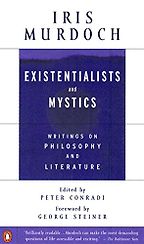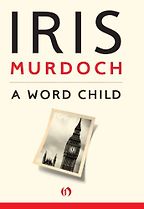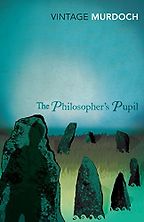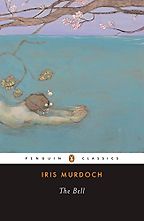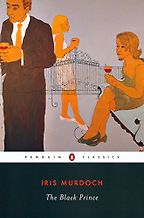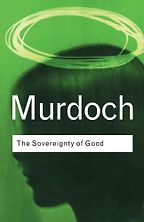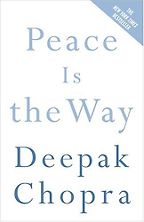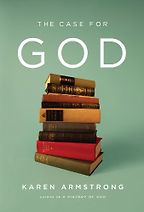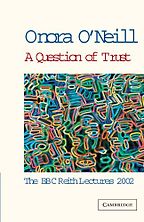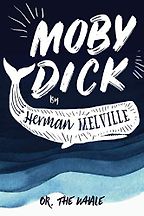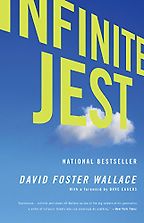Books by Iris Murdoch
Iris Murdoch was an Oxford don in philosophy and then became a very well respected novelist
“It’s a wonderful collection published in 1997 by Murdoch’s biographer, Peter Conradi. He told me it was his crowning achievement, more so that the biography, which I thought was surprising. If readers are coming fresh to her non-fiction, I would say you’ve got to read “Against Dryness” from the 1950s. It’s the best discussion of literary fiction and where we are.” Read more...
Miles Leeson, Literary Scholar
“This novel comes from her most renowned period, from the late 1960s to the late 1970s, when she was producing almost a novel a year. All of them were very well received and very well reviewed. A Word Child is not unlike The Black Prince in the sense that it’s based around this one rather odd man called Hilary Burde, a repressed creature who we find out has had a difficult childhood, but has a brilliant mind.” Read more...
Miles Leeson, Literary Scholar
“The Philosopher’s Pupil is my favorite of the late novels. There’s an enormous web of characters and an interconnected society. This is one of the few novels that creates a completely realized setting outside of London.” Read more...
Miles Leeson, Literary Scholar
“The Bell is recognized as Murdoch’s first major landmark.” Read more...
Miles Leeson, Literary Scholar
“It’s the most complex and complicated of Murdoch’s novels. It plays around with form; it’s a quasi-postmodern novel. It’s got a range of voices. It’s the story of an eccentric failed artist/ author called Bradley Pearson, who’s trying to write a great work of artistry. His great friend and rival is Arnold Baffin, a popular author who writes works that sell. And Bradley is intensely jealous of this. The relationship between Bradley and Arnold fuels the novel.” Read more...
Miles Leeson, Literary Scholar
The Sovereignty of Good
by Iris Murdoch
The book appeals to me because it is fundamentally about trust. She is making the case that, whereas there are many reasons not to trust people, we should have an active sense of whether we can trust people or not. And her book is re-emphasising that underneath all else there is goodness. And she is also talking about the fact that creativity comes when we allow the goodness to flow through us, when we let it come through our pen or through our voice or, if we are a violinist or a pianist, through our fingers. And that this is the prevailing fact of the universe, this sense of harmony, goodness and oneness for which we become the vessel.
Interviews where books by Iris Murdoch were recommended
The best books on How To Be Happy, recommended by Anthony Seldon
The contemporary historian and educationalist Anthony Seldon discusses his selection of books on how to be happy.
The Best Iris Murdoch Books, recommended by Miles Leeson
Iris Murdoch gained fame as a novelist, a philosopher and, perhaps most prominently of all, for her public and rapid decline (and posthumous immortalization by her husband John Bayley) after an early diagnosis of Alzheimer’s disease. But now, more than a century on from her birth, the attention is returning back to her work. Miles Leeson, Director of the Iris Murdoch Centre at the University of Chichester, recommends what books to read from her canon of 27 novels.
The Best Philosophical Novels, recommended by Rebecca Goldstein
The skills of a philosopher and those of a novelist are often in tension, but they have much to learn from each other, says novelist and philosopher Rebecca Newberger Goldstein. She chooses her favourite philosophical novels.
